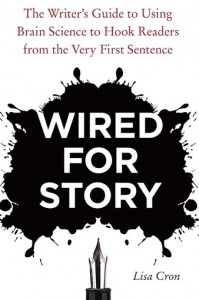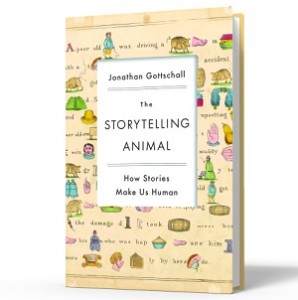
The Book Whisperer: Awakening the Inner Reader in Every Child by Donalyn Miller
My rating: 4 of 5 stars
The Book Whisperer (Donalyn Miller) gave a plenary talk at our The 6th Annual Extensive Reading Seminar in Matsumoto, Japan in early June 2013. It was a helpful and inspirational talk, and I immediately bought the audio version of her book. In the middle of listening while running around my park, I found the material so helpful that I also picked up the iBooks version of the text for further review.
To sum up briefly, Miller succeeds at fostering in her students a love for reading and learning. And she is able to do this in one of the most test-driven states in the US, Texas. I was reminded that the testing system does not benefit teachers, and it does not really benefit students. It benefits the test making companies with millions and millions of dollars. In Texas ranching terms, the tests are herds and herds of cash cattle.
But Miller does not focus on tests. She focuses on inspiring students to read. And what do you know? They do well on tests, and they come away from their experience in her class as book and story lovers.
Miller reminds me of what I need to be for my students — a reader! Of course, I read a lot. But to help inspire my students, I need to be able to recommend to them books that they can read. As we just got a ton of new books in our library for our EFL students, Miller’s book challenged me to read these books for my students. This will be one way for me to give good recommendations to my students and help them read more.


